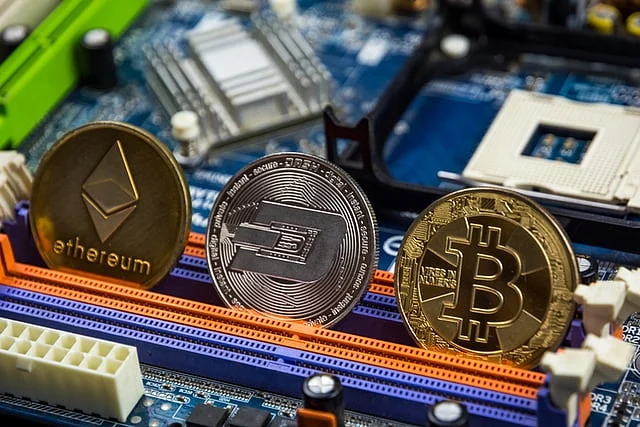The US House of Representatives kept a procedural vote open for more than nine hours as conservative Republicans pressed for stronger guarantees blocking a central bank digital currency (CBDC). The standoff ended at 217-212, allowing floor debate on three crypto measures: the CLARITY Act on digital asset market structure, the Anti-CBDC Surveillance Act to bar a US CBDC, and the GENIUS Act establishing a framework for stablecoins.
Republican leaders soothed holdouts by agreeing to shift the CBDC prohibition language into the must-pass National Defense Authorization Act, a move intended to force action in the Senate. Some GOP members argued the GENIUS Act could still open a path to a CBDC, though bill text says it does not expand Federal Reserve authority to deal directly with the public.
Speaker Mike Johnson and Majority Leader Steve Scalise indicated that votes on the GENIUS Act and CLARITY Act could come as soon as Thursday, with other votes slipping to Friday or next week, depending on negotiations. President Donald Trump said he wants to sign the GENIUS Act before the weekend. Representative Marjorie Taylor Greene was the lone Republican to oppose an earlier procedural step, siding with Democrats.
UK Officer Jailed for Stealing 50 Bitcoins From Silk Road 2.0 Probe
A former officer of the UK’s National Crime Agency has been sentenced to five and a half years in prison for stealing 50 Bitcoins during an investigation into the Silk Road 2.0 darknet marketplace. According to Cointelegraph, the officer, Paul Chowles, took the cryptocurrency in 2017 after it was seized from Silk Road 2.0 operator Thomas White. At the time, Bitcoin was worth around 60,000 pounds but has since surged to over 4 million pounds.
Investigators found that Chowles laundered the stolen Bitcoin using a mixing service and spent a large portion on personal expenses. Evidence recovered from his phone and notebooks revealed wallet details and private keys linked to the crime. Chowles later admitted to charges of theft, transferring criminal property, and concealing criminal property.
The sentencing judge noted that around 470,000 pounds worth of Bitcoin was recovered, but Chowles would likely have continued profiting if not discovered. He was dismissed from the NCA for gross misconduct.
Pakistan, El Salvador Discuss Bitcoin Strategy
Pakistan’s crypto minister Bilal Bin Saqib met President of El Salvador, Nayib Bukele, in San Salvador to explore structured Bitcoin cooperation, resulting in a Letter of Intent between the Pakistan Crypto Council and El Salvador’s Bitcoin Office to support technical exchanges and policy learning, reported Cointelegraph. The goal is to see what parts of El Salvador’s national Bitcoin experience could translate to an emerging‑market setting.
Talks focused on practical areas such as public‑sector use cases, energy‑backed Bitcoin mining that could tap surplus power, and the longer‑term question of whether to build sovereign digital asset reserves. Pakistani officials framed the visit as fact‑finding rather than a commitment to immediate policy changes, but said that studying operational details, payments integration, custody, accounting, and compliance matters more than debating Bitcoin in theory.
Capacity‑building and education were included in the dialogue, with attention to training programs, data‑sharing, and standards that might reduce implementation risk if Pakistan tests pilots tied to financial inclusion, programmable public transfers, or investment incentives.










